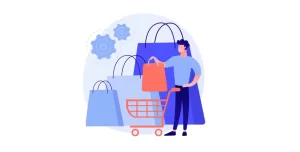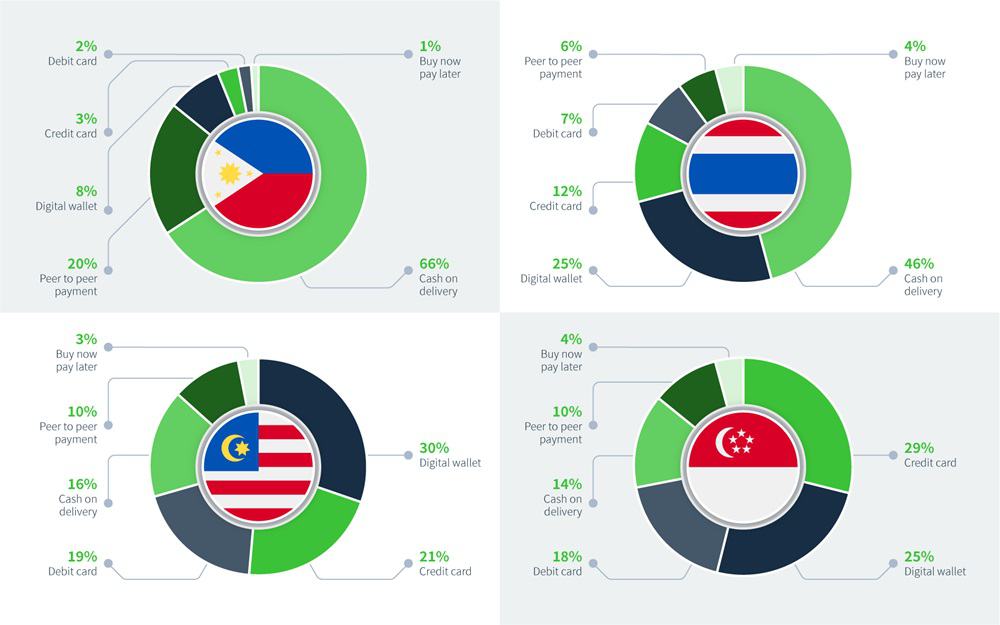

4. The Unique Advantages of the Dropshipping Model
The flexibility and low cost of dropshipping make it particularly suitable for entrepreneurs looking to test the Portuguese market. Dropshipping eliminates the hassle of inventory management, allowing startups and individual entrepreneurs with limited capital to quickly launch their businesses without incurring storage or logistics costs, thus minimizing risks. Moreover, dropshipping enables merchants to adjust their product lines as needed to cater to changing market preferences and offers the flexibility to select trending products.
Is Dropshipping Legal in Portugal?
As dropshipping continues to grow globally, entrepreneurs are increasingly viewing Portugal as a promising market. However, understanding local regulations is crucial before expanding to any new country. So, is dropshipping legal in Portugal? The short answer is yes. Below is a comprehensive guide to what you need to know about the legality of dropshipping in Portugal, along with insights into broader European regulatory considerations.
1. Compliance with Consumer Protection Laws
As a member of the European Union, Portugal adheres to strict consumer protection laws, particularly for online shopping. Dropshipping businesses must provide clear and transparent product pricing, return policies, and warranty information. Portuguese consumers have the right to cancel any purchase within 14 days of receiving the product without providing a reason. To ensure compliance, dropshipping businesses should clearly communicate these rights on their websites and ensure customers are fully informed about their options and protections.
2. Data Privacy and GDPR
The General Data Protection Regulation (GDPR) applies to any business serving EU customers. For dropshipping, this means ensuring the security of customer data and clearly outlining how this data is collected, stored, and used. Your website must include a privacy policy explaining these practices, and customers should have the option to control their data. Compliance with GDPR is essential to avoid fines and to build trust with your customers.
3. VAT and Tax Obligations
In Portugal, dropshipping businesses must comply with the EU VAT rules, which apply to goods sold within the EU. The VAT obligation depends on the location of both the supplier and the customer. If the supplier is outside the EU and the customer is in Portugal, VAT may need to be paid. Collaborating with a tax advisor is crucial to understanding when VAT applies and how to handle registration and payment, especially if you are selling across multiple EU countries.
How to Find Dropshipping Suppliers in Portugal
Finding reliable dropshipping suppliers is critical for any dropshipping business, as supplier quality and efficiency directly affect customer satisfaction. While many businesses look for local suppliers in Portugal, it’s important to note that dropshipping is highly interconnected across Europe, offering a wider range of sourcing options. Here’s how to find reliable dropshipping suppliers in Portugal and across Europe.
1. Research Local Portuguese Suppliers
Portugal is home to several suppliers specializing in dropshipping, particularly in niche markets such as fashion, home décor, and specialty foods. To find these suppliers, start by browsing Portuguese trade directories, e-commerce associations, or local marketplaces. Websites like Europages or Alibaba can also help connect you with Portuguese suppliers, enabling you to compare product availability, minimum order quantities, and shipping times.
Case Example: Many Portuguese dropshipping businesses partner with local suppliers to offer locally sourced or handcrafted products, such as handmade ceramics or textiles, attracting both local and international buyers.

What are Portugal’s award-winning products?

In Portugal, the following product categories perform exceptionally well in the e-commerce market and are highly suitable for dropshipping:
- Clothing and Accessories: Portuguese consumers have a strong demand for fashion products, particularly women’s clothing, footwear, and jewelry. According to eWorldTrade, clothing, footwear, and accessories hold a significant position in Portugal’s online sales.
- Electronics: Products like smartphones, laptops, and home appliances are in high demand in Portugal. Worten, one of Portugal’s leading electronics retailers, offers a wide range of electronic products, highlighting the popularity of this category.
- Home Goods and Décor: With consumers paying increasing attention to their living spaces, home décor and furniture products have strong market potential in Portugal. Suppliers like Dropship365 offer a variety of home décor products to meet local consumer needs.
- Beauty and Personal Care Products: Beauty and skincare products are also highly sought after in Portugal, with consumers looking for high-quality options. Extrabux lists many beauty products on major shopping platforms in Portugal, showcasing the potential of this category.
Focusing on these popular product categories and partnering with reliable suppliers can help meet local consumer needs and increase the chances of success when launching a dropshipping business in Portugal.
Final Thoughts
In conclusion, Portugal’s growing e-commerce market and strong demand for popular products like clothing, electronics, and home goods present immense potential for dropshipping.
To maximize your success, register with DropSure today for access to reliable suppliers, fast European shipping through our global warehouses, and tools to streamline your operations. Start your dropshipping journey with us now!


 9 min read
9 min read













